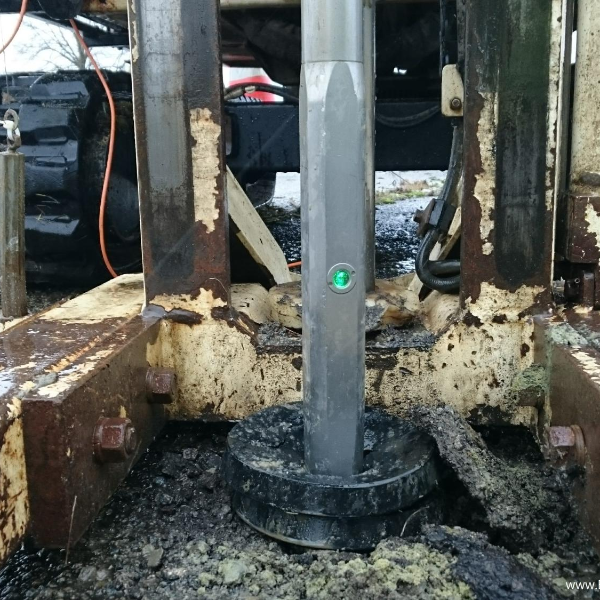Remediation of residual pollution using nature-based techniques

Remediation of residual pollution using nature-based techniques
RESANAT, a Flemish-Dutch collaborative project for the remediation of residual pollution using nature-based techniques, is working to refine a number of PAH and oil remediation techniques. In RESANAT, seven small and large companies from the Netherlands and Flanders are working together with knowledge institute Deltares and the Flanders Public Waste Agency (OVAM) to stimulate the redevelopment of polluted sites in the Netherlands and Flanders.
Conventional remediation and management techniques are costly, energy-intensive, long-term and often require large amounts of groundwater. RESANAT will focus on innovation of sustainable remediation techniques, whereby plants, microorganisms, natural materials, and wind and solar energy will be used to manage residual pollution. Thousands of sites in Flanders and the Netherlands that are still struggling with (residual) pollution could become sustainably useable over time thanks to these innovative techniques.
Three trial pilots are being used to improve these techniques. Two of these three pilot trials will take place on and in Flemish soil. Using organic clay mats, the historic PAH pollutants in the Lieve Canal in Ghent will be tackled. At the former Carcoke coking sites in Zeebrugge, the pilot project will plant a number of crops to see how they break down tar, BTEX, cyanide and more.
The third pilot project, in ‘s Gravenmoer in the Netherlands, collects knowledge about upscaling site-specific bio-stimulation and its practical applications. Bio-stimulation is the acceleration of the biological breakdown of contaminants by suppling additional microorganisms to the soil. By further developing this method, it can be used to terminate the aftercare of contaminated sites in an environmentally responsible way.
The project is valued at 2.2 million euros, approximately 50% of which is subsidised by the European Union. As the party responsible for the project, OVAM will focus on general coordination, communication, knowledge sharing and writing the codes of best practice.
More information?
